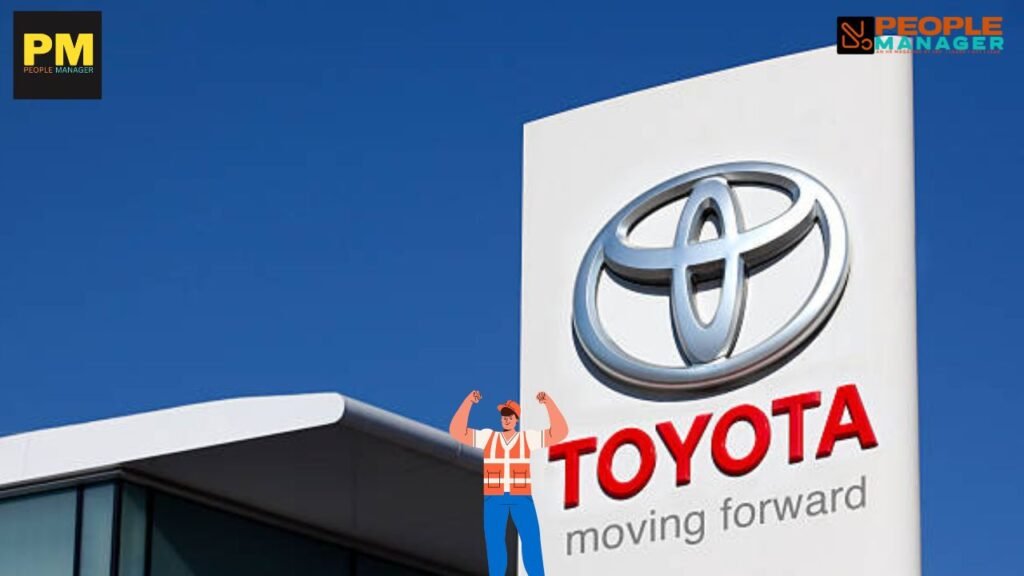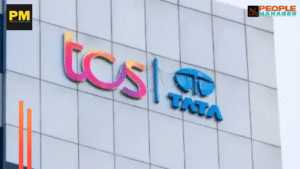Toyota bows to Union demands and accepted the biggest wage Hike of two decades

Toyota bows to Union demands
Toyota is one of the biggest Japanese employers and has long served as a bellwether of the spring labour talks, which are in full swing at major companies. Many are expected to conclude swiftly as the government seeks inflation-beating wage hikes to ease burdens on customers

Toyota bows to Union demands and accepted the biggest wage Hike of two decades
As a country that is experiencing the highest level of inflation in 40 years. One of its global automakers, Toyota, bows to union demands and accepted the biggest wage hike in two decades. This decision set a benchmark for the Japanese as well as the global auto industry.
Toyota Motor Corporation, Japan, the world’s biggest automaker, confirms the acceptance of union demand for the biggest base salary increase in 20 years and a rise in bonus payments, as a Japan steps up calls for businesses to hike base pay.
However, Toyota is one of the biggest Japanese employers and has long served as a bellwether of the spring labour talks, which are in full swing at major companies. Many are expected to conclude swiftly as the government seeks inflation-beating wage hikes to ease burdens on customers
The Toyota Motor Corporation‘s incoming president Koji Sato said the decision to accept the union’s demands in full at the first round of talks was meant not just for Toyota but “also for the industry as a whole, and in the hope that it will lead to frank discussions between labour and management at each company.”
Just after Toyota’s announcement, its rival, Honda Motor Co Ltd, launched a statement that it had agreed to union demands for a 5% pay increase. The average monthly base salary rise of 12,500 yen ($92.70) at Honda is the biggest jump since at least 1990.
Toyota and the union federation, which represents about 357,000 Toyota group workers, said the base pay rise is the biggest in two decades, though they both denied sharing the percentage increase.
Japan is under more pressure than ever before to raise wages to revive consumption. At present, the inflation rate in Japan running at around 4% which is the highest in 40 years, the following decades of deflation.
But with the economy struggling – it averted recession in the fourth quarter but grew much less than expected – analysts say pay increases will remain limited to big firms, such as Toyota.
Small and medium-sized companies in Japan, which employ most Japanese workers, will struggle to afford pay rises, they say.
Toyota also confirmed that its wage increase would also apply to part-time workers and senior contract workers too, and it had agreed to the union’s request for one-off bonus payments worth 6.7 months of wages.
Takaaki Sakagami, the deputy secretary-general of the Toyota Workers’ Union Federation, said the union was pleased it had been able to reach a deal with the company quickly.
The pay agreement comes as Prime Minister Fumio Kishida has stepped up calls on business leaders to accelerate wage increases, warning of a return to stagflation if pay rises fall short of the rapid increase in prices.
“We will boost consumption and expand domestic demand by promoting efforts toward structural wage increases,” Kishida stated to the lower house budget committee session.
Fast Retailing Co Ltd, which owns clothing giant Uniqlo, last month said it would boost pay by up to 40%, fuelling expectations big manufacturers would offer more at annual wage talks with unions this spring.
Video game maker, Nintendo Co Ltd, said earlier this month that it planned to lift workers’ base pay by 10%, despite trimming its full-year profit forecast.
- SHe-Box Portal Pushes Companies to Take Workplace Harassment Complaints Seriously: 2025 Report - February 16, 2026
- India’s Labour Codes Are Redrawing the Hiring Map- Tier III & IV Cities Emerge as the New Growth Engines: Report - February 11, 2026
- Girish Ramadurgam on Talent-Fitment” Problem: How to resolve the skill mismatch - January 19, 2026









